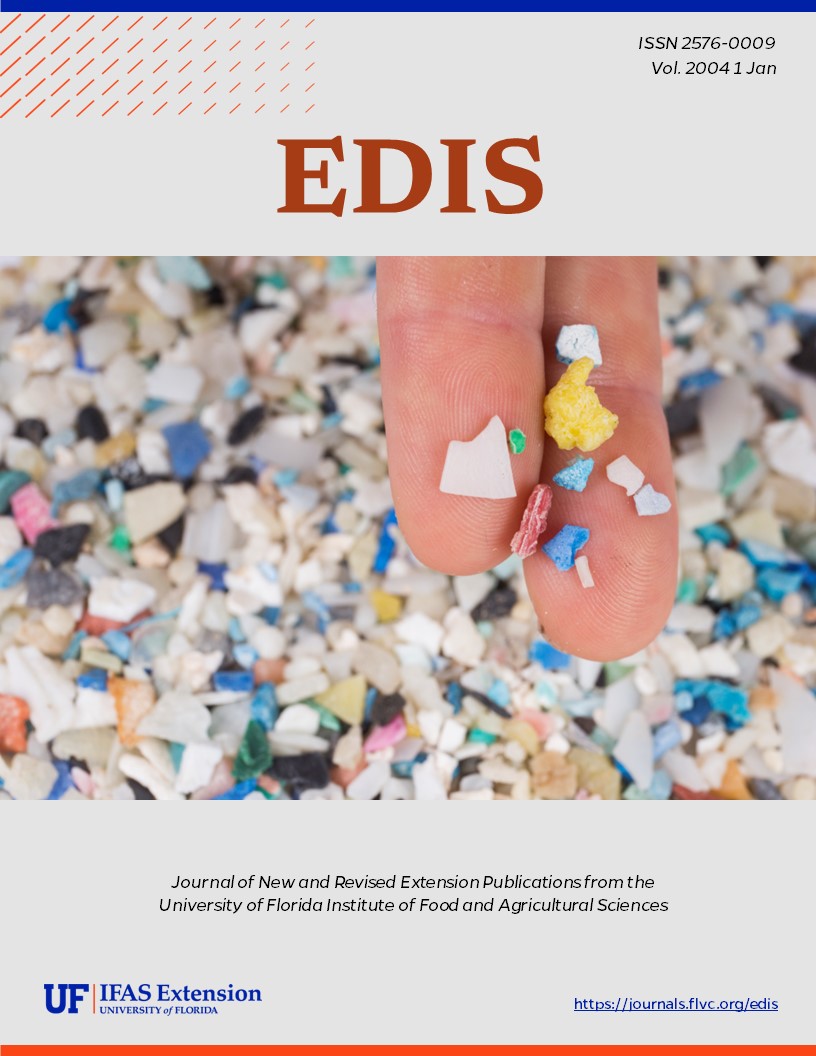Abstract
The Emergency Planning and Community Right-to-Know Act (EPCRA) was passed in 1986 to improve emergency response to accidental releases of toxic and/or hazardous chemicals into the environment. EPCRA primarily serves a planning purpose. It required governors to set up State Emergency Response Commissions (SERCs). Those commissions then set up Local Emergency Planning Committees (LEPCs). This is EDIS document FE448, a publication of the Department of Food and Resource Economics, Florida Cooperative Extension Service, UF/IFAS, University of Florida, Gainesville, FL. Published December 2003.
Unless otherwise specified, articles published in the EDIS journal after January 1, 2024 are licensed under a Creative Commons Attribution-NonCommercial-NoDerivs 4.0 International (CC BY-NC-ND 4.0) license.

